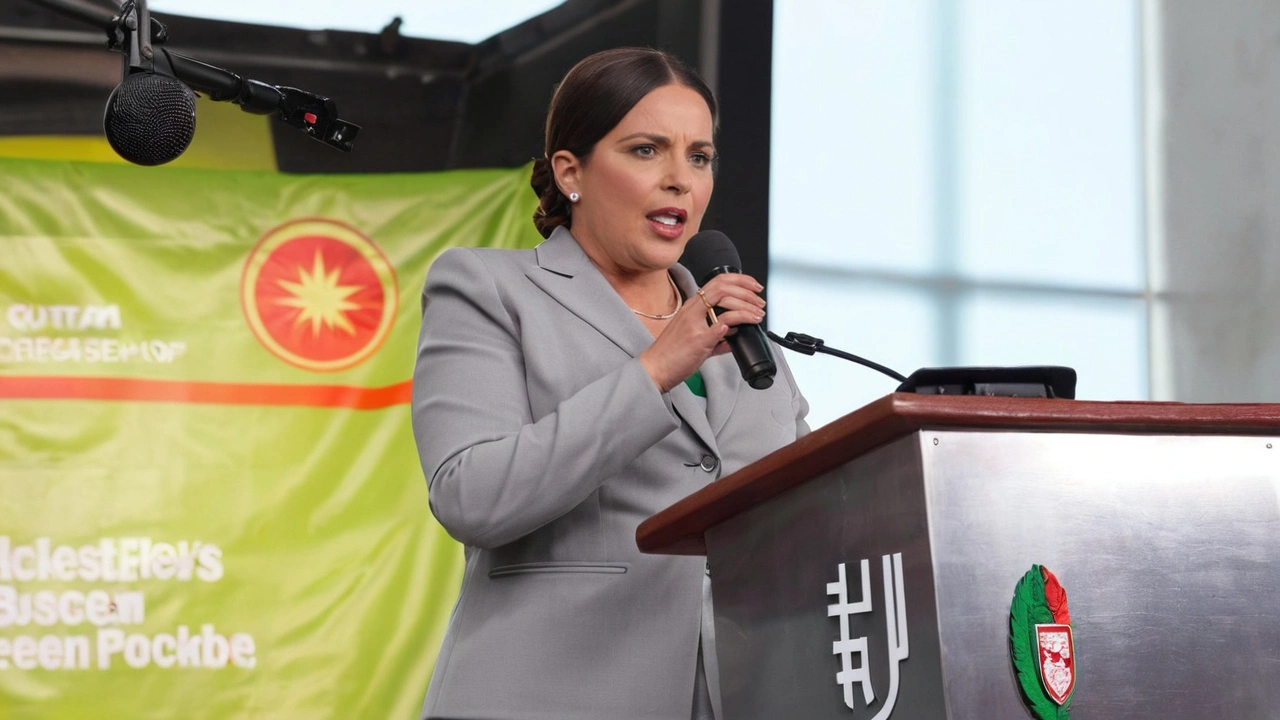Understanding Parliament Vetting in South Africa
So, what's the deal with Parliament vetting? It's basically a process where important government appointments get checked out before someone officially takes a role. This helps make sure the right people fill big jobs, like judges or key officials. You might have heard about President Cyril Ramaphosa consulting different groups before picking the Deputy Chief Justice. That's a classic example of Parliament vetting in action.
At its core, vetting is about trust and transparency. Parliament wants to avoid putting anyone in power who could harm the country's interests or doesn't meet high standards. This process usually involves looking into candidates' backgrounds, qualifications, and even their conduct. When the Judicial Service Commission (JSC) recommends someone, like they did with Dunstan Mlambo, Parliament still takes time to hear opinions before the final selection.
Why Does Vetting Matter?
Think of Parliament vetting like a safety check before you buy a car. You want to ensure everything works well and there's no hidden damage, right? In politics, this check helps keep government roles honest and effective. With South Africa facing complex challenges, appointing the right people through vetting affects how well the country moves forward.
Sometimes, vetting can slow things down or create debates, but that's part of the process. It forces decision-makers to consider all angles and public opinions. For example, the Deputy Chief Justice position has seen discussions because it's such an important legal role. Vetting gives everyone a chance to weigh in, making sure the choice fits both legal needs and public trust.
What's Happening Now With Parliament Vetting?
Right now, South Africa is in the middle of some big vetting moments — like the Deputy Chief Justice spot. President Ramaphosa is gathering feedback from Parliament and reviewing the Judicial Service Commission's pick, which is normal but shows how careful the process is. It’s not about quick decisions but the best ones for the country's future.
Following these updates helps you understand how government appointments shape policies and legal directions. Whether you're interested in politics or just want to stay informed about who leads key government branches, keeping an eye on Parliament vetting reveals a lot about South Africa's governance.
Stay tuned here for more news and clear breakdowns about Parliament vetting and other key political happenings. It's an important part of how democracy works, making sure leaders earn their spots and serve the people well.
Key Cabinet Nominee Rebecca Miano Omitted From Parliament Vetting List
President William Ruto has withdrawn the name of Rebecca Miano from the list of Cabinet nominees sent to Parliament for vetting. Miano was initially nominated as Attorney General but was excluded from the vetting list. Other notable nominees include Aden Duale, Soipan Tuya, and Kithure Kindiki.

